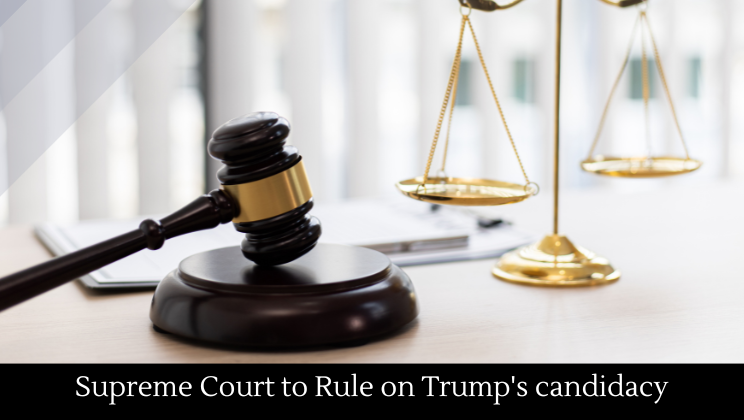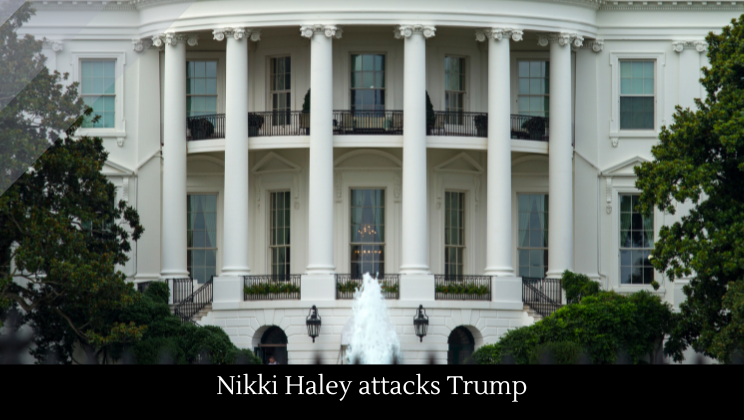Supreme Court to Rule on Trump’s candidacy
Posted by Catherine Reed / January 7, 2024
The US Supreme Court has agreed to hear a historic case that will determine whether Donald Trump is eligible to run for president in 2024. The case revolves around an appeal by Trump against Colorado’s decision to remove him from the state’s 2024 ballot. This decision is part of a broader legal battle, with lawsuits in multiple states seeking to disqualify Trump based on allegations of his involvement in the 2019 Capitol riot. The central legal question concerns whether a Civil War-era constitutional amendment, the 14th Amendment, renders Trump ineligible to stand for office.
The Supreme Court’s decision to hear Trump’s appeal follows a brief filed by attorneys general from 27 states urging the court to reject Colorado’s ruling, arguing that removing Trump from the ballot would create widespread chaos, particularly in the upcoming election cycle. The legal challenges rely on the 14th Amendment, which prohibits individuals who have “engaged in insurrection or rebellion” from holding federal office. Trump’s lawyers argue that this amendment does not apply to the presidency.
Trump is facing similar challenges in other states, including Maine, where electoral officials also removed him from the ballot. The Supreme Court’s involvement in the case, scheduled for an expedited hearing in February, has drawn comparisons to the 2000 presidential election between George Bush and Al Gore, which ultimately reached the Supreme Court and influenced the outcome.
The decision by Colorado’s high court, using the 14th Amendment to disqualify a presidential candidate, is unprecedented in US history. The legal battle raises fundamental questions about the interpretation of this constitutional clause. Trump, currently the Republican front-runner, is seeking a rematch against President Joe Biden in the November 2024 election.
Despite the Supreme Court having a conservative majority, with three justices appointed by Trump, the court overwhelmingly ruled against him in his post-2020 election lawsuits challenging the defeat to Biden. The expedited nature of the case is driven by the approaching state primary elections, creating a need for election officials to prepare for smooth voting processes.
The legal battle stems from the events of the 2019 Capitol riot, where Trump’s supporters stormed Congress as lawmakers certified Biden’s election victory. Critics argue that Trump should be disqualified not only for his actions during the riot but also for his efforts to overturn the election result in states he lost. While these efforts are being scrutinized in federal and state courts, Trump has not faced criminal charges for inciting insurrection.
The Supreme Court’s decision on this case is anticipated before the Super Tuesday primary elections in March, with implications for Colorado and several other states. As the legal proceedings unfold, they underscore the intersection of constitutional interpretation, electoral processes, and the fallout from the tumultuous events surrounding the Capitol riot.












Comments are off for this post.